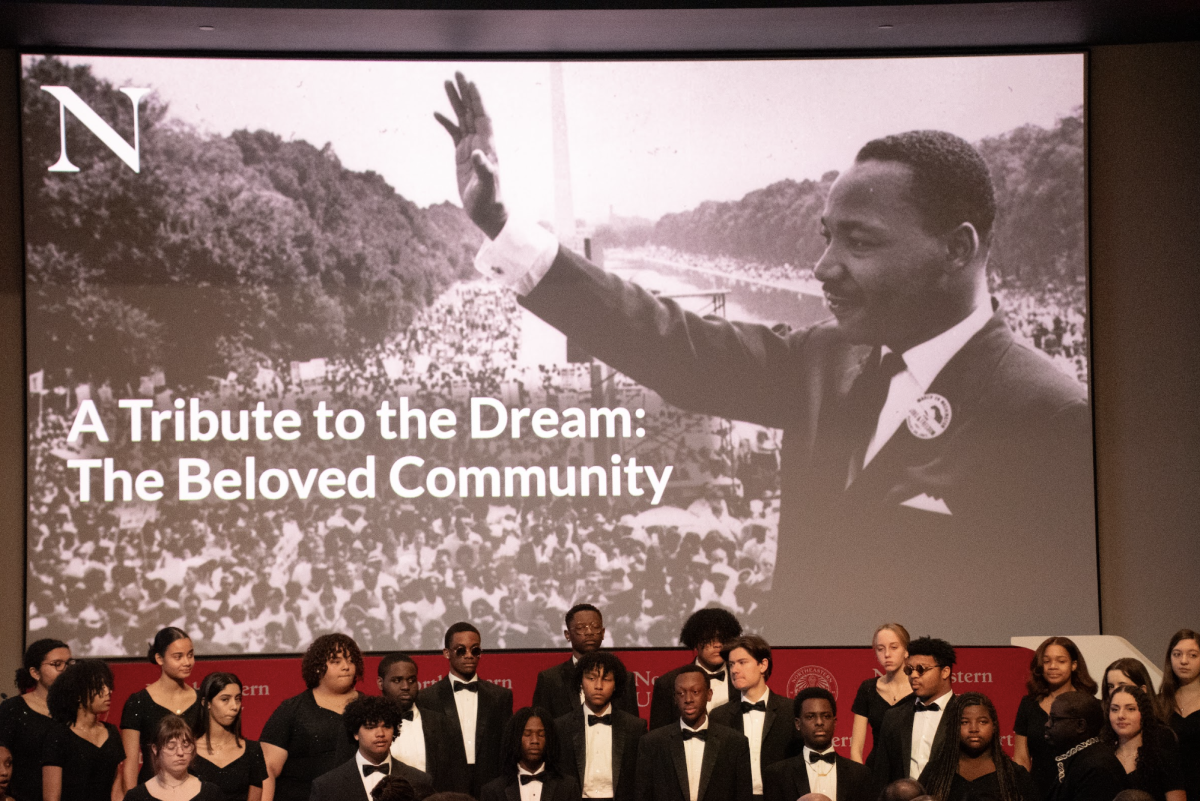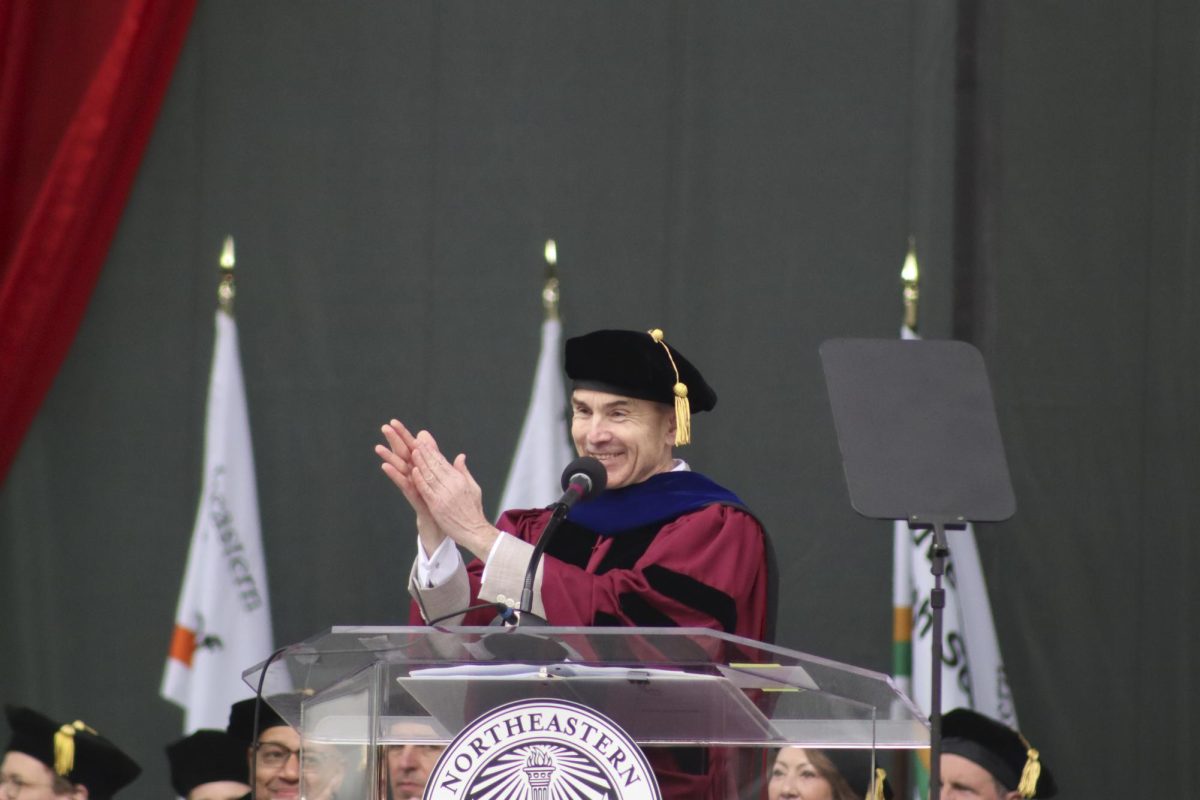by Laura Mueller-Soppart
The Massachusetts State Joint Committee on the Judiciary held a hearing to discuss Senate Bill 1801, “An Act to regulate and tax the cannabis industry” March 2.
The bill and its companion bill, House Bill 2929, seek to legally regulate the commercial production and distribution of marijuana for adults over the age of 21. The premise of the bill takes on the form of the current law that regulates the production and sale of alcohol.
The requisite hearing featured a number of law students from Suffolk University, however, no legislature has publicly endorsed the Reform Act.
Logistically, the same type of licenses and excise taxes would be imposed on marijuana as they are on alcohol if passed. The bill calls for the drug to be distributed in one-ounce sealed containers with proper tax stamps, cultivator contact and grade cleared labeled. Cannabis would not be allowed to be genetically engineered.
In addition, it calls upon the creation of a Cannabis Control Authority. The authority would be the sole licensor of commercial cultivators, processors, distributors and retailers.
The Massachusetts Cannabis Reform Coalition (MassCann), a chapter of NORML, has been an active organization since 1990. They recently collected over 1,000 letters from the community in support of the Bill 1801.
Northeastern has responded to the renewed interest in the subject with an information campaign. Throughout dormitories and other buildings, “Husky Happening” signs have been posted with a “Marijuana 101” section.
Sponsored by the Office of Prevention and Education at Northeastern (OPEN), the flyer highlights the negative side effects of using marijuana, such as its depressant qualities. Also, it makes clear that Northeastern’s drug policy has not changed in light of the decriminalization of the possession of the drug.
Students have also responded to the discussion of marijuana reform.
“I’ve always believed that marijuana should at least be decriminalized. Any effort to make the drug more available under the law is fine by me. It’s really no different than say, alcohol,” said Arielle Newton.
Shaun Fritzpatrick, a freshman business major, said the potential monetary revenue that could be generated for the state through high taxes on the drug. In addition, Fritzpatrick feels marijuana will eventually get legalized.
“If the state has already moved towards the decriminalization of marijuana they are recognizing that the side effects of the drug are not severe enough to preserve an absolute prohibition. If marijuana is so awful, why is the state slowly moving towards legalization?” said Fritzpatrick.
Other students said they are uncertain about the positive effects outweighing the negative effects of legalizing marijuana.
“The physical side effects of marijuana use, such as short term memory loss, pose a threat. I understand that the law already condones the legal use of other drugs, but how does society directly benefit from the legalization of more?” said Khalid Lum, a junior political science major.
Northeastern Professor Dr. Keith Saunders served five terms as the President of MassCann. He testified before the State House for the Medical Marijuana Hearing last year.
“The legislature is playing catch up with the culture … It doesn’t matter what the content is on medicinal marijuana question is in 2010 or 2012, it will be supported by 72 to 85 percent of the population,” said Saunders.
The recent judiciary hearing on marijuana reform, even a year after the bill’s introduction, remains inconclusive and will continued to be revisited as NORML and MassCann continue gathering public support on the issue.
Possession of up to an ounce of marijuana was declared no longer a criminal offense on Nov. 4 in Massachusetts. Instead, possession is punishable civilly by a fine of $100. Yet, Northeastern’s policy was not affected by the ballot initiative vote and did not change.








